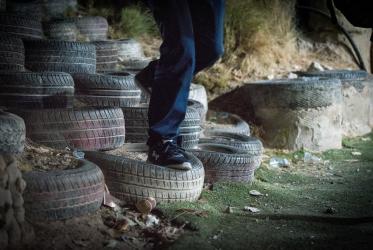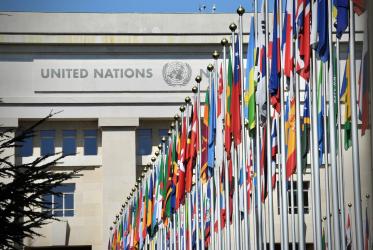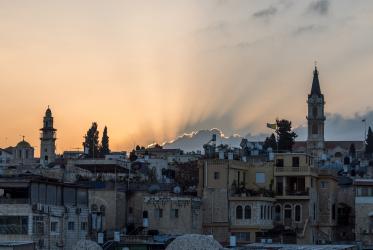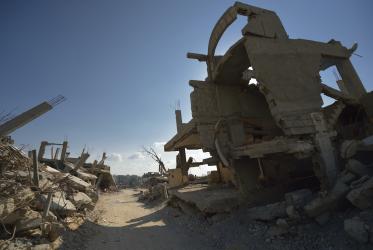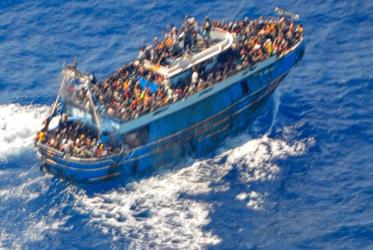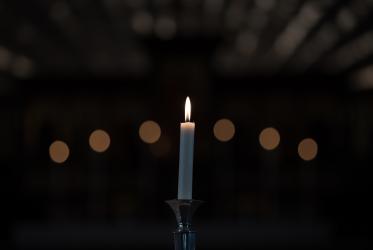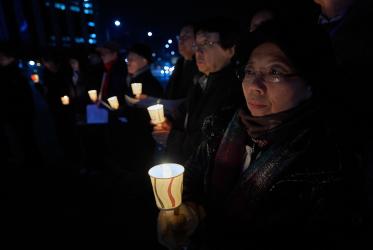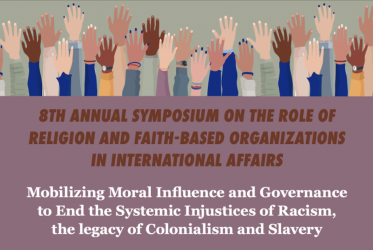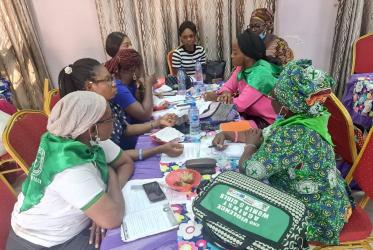Displaying 1 - 20 of 48
Easter Initiative 2024
01 March - 05 May 2024
WCC offers input to the UN New Agenda for Peace
13 April 2023
Nigerian churches train women and girls on human rights
20 December 2021
Webinar remembers past massacres in Europe
16 December 2021

